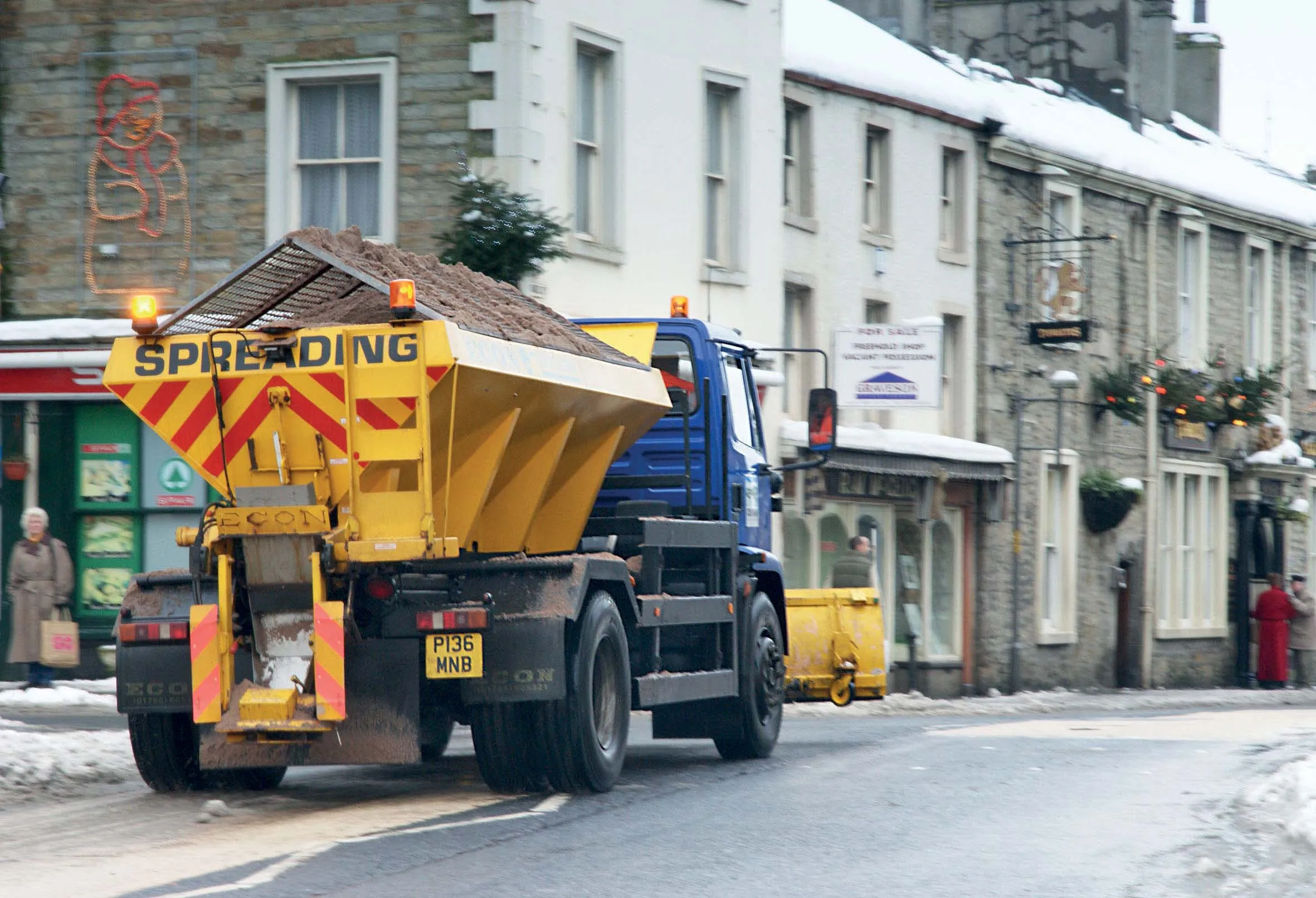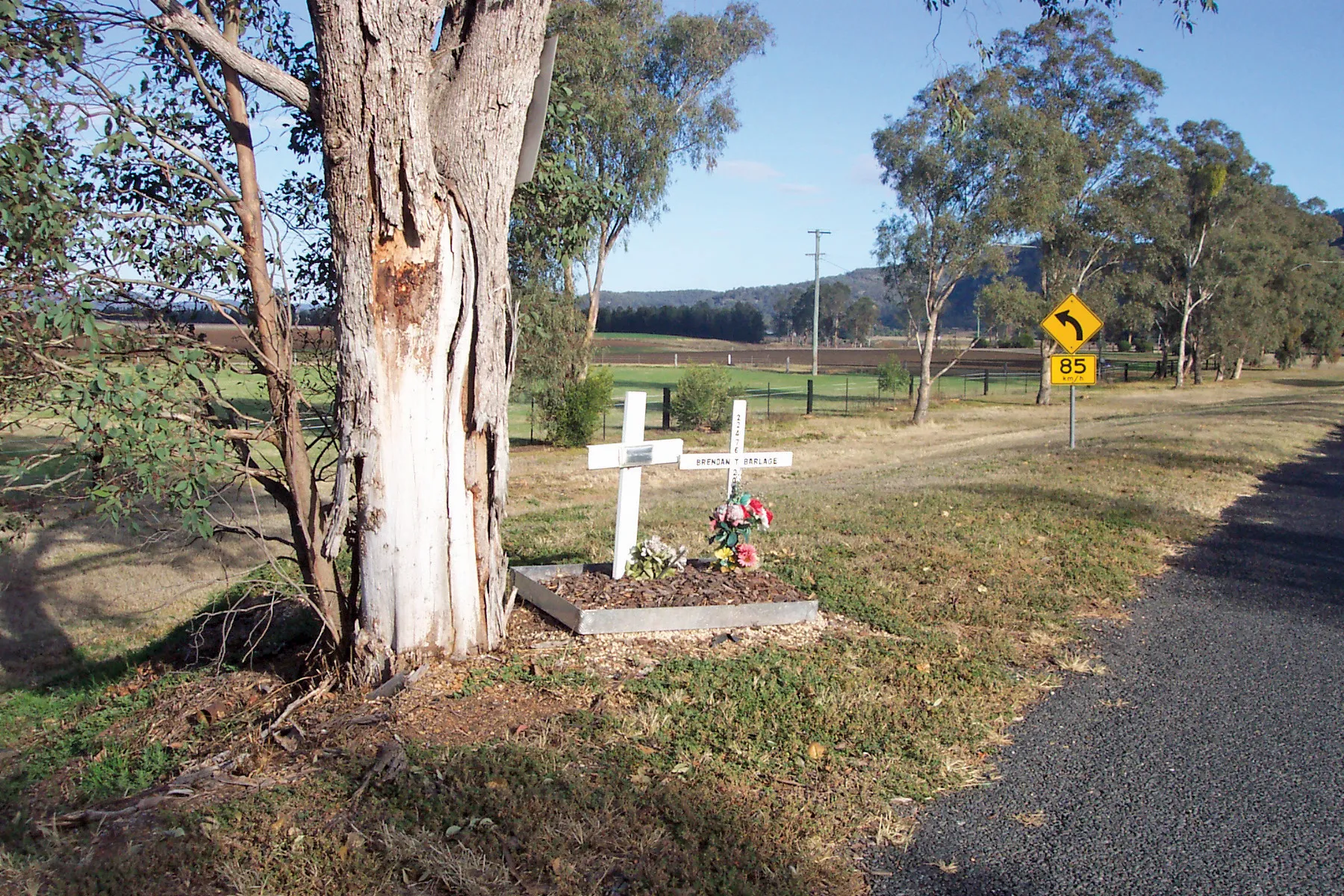Yotta has developed sophisticated tools for winter highway maintenance. This technology can help local authorities to make better use of the Horizons visualised asset management software to assess potential winter maintenance works.
The system provides a proactive approach that allows highways departments to address assets that are at risk from rain, snow and ice. The firm claims that this can help highways departments to deal with wet and icy conditions.
Winter road damage is a great concern to Coun
August 18, 2015
Read time: 2 mins

The system provides a proactive approach that allows highways departments to address assets that are at risk from rain, snow and ice. The firm claims that this can help highways departments to deal with wet and icy conditions.
Winter road damage is a great concern to Councils, particularly as they remain subject to austerity measures. For example, the Local Government Association (LGA) estimated that the bad winter of 2013 caused €1.387 billion (£1 billion) of damage to UK roads. With budgets shrinking, there is a need to make best use of available sources. In addition to providing a tool for proactively managing winter maintenance schemes, the firm said that Horizons can also analyse the overall impact of winter weather on their networks, target future schemes and choose the most appropriate and cost-effective treatment possible.
In addition, the product comes in useful for reviewing road-surface treatments to help build resilience ahead of the winter. For example, the software can map winter gritting routes and salt-bin locations and use the information with pavement data. The information is readily available to all departments that have an interest in the network, including call centres dealing with enquiries from the public.








